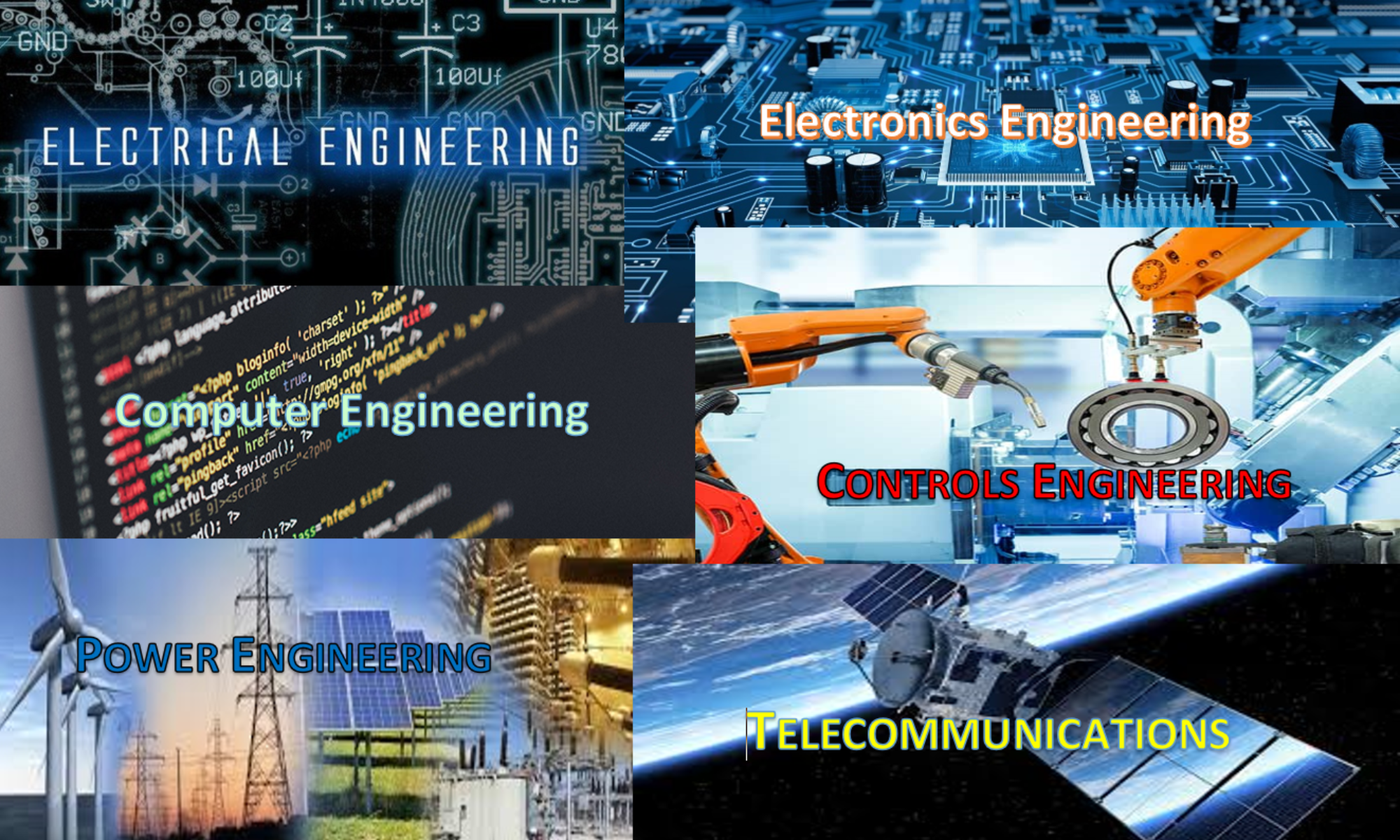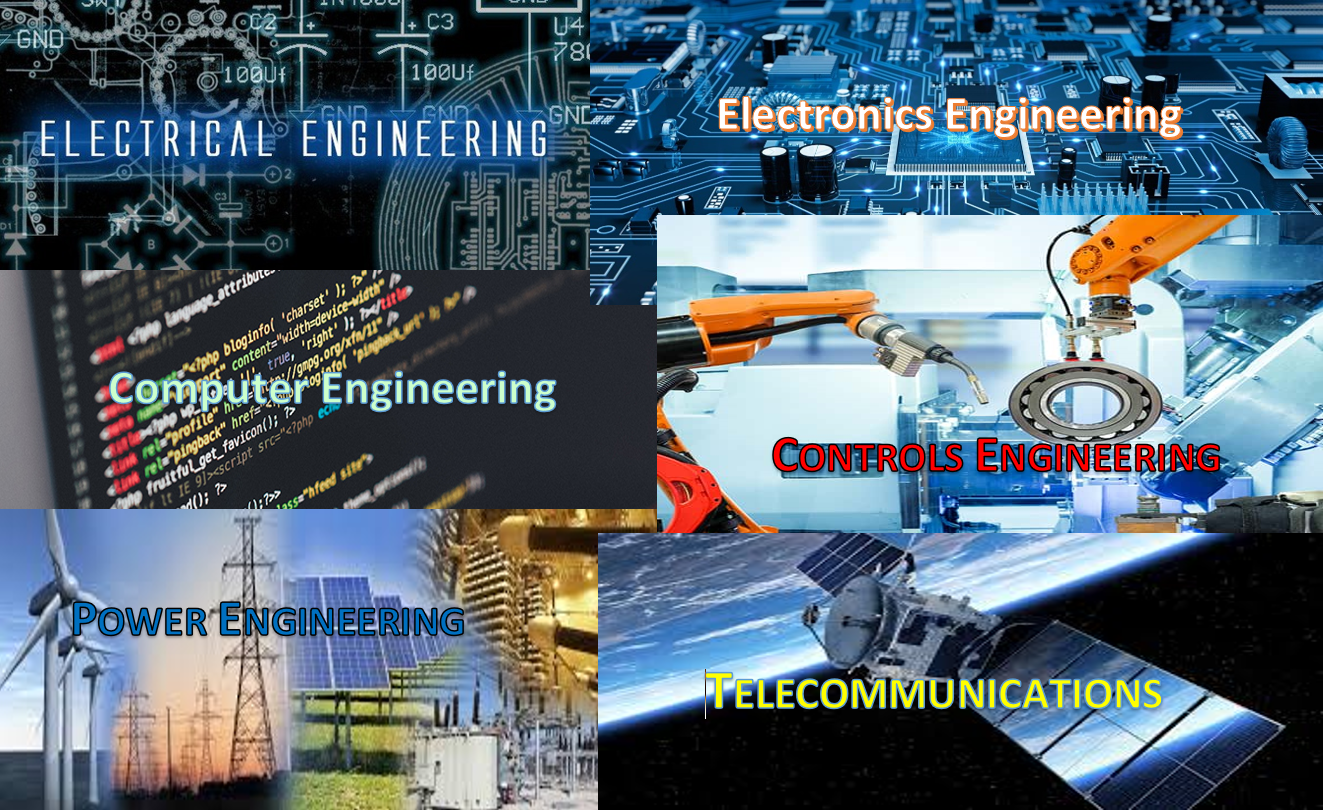The Chattanooga Section of IEEE was established in 1963 with the formation of IEEE, the Section has a history as old as IEEE itself. The Section exists to connect and support local professionals and students in science and engineering through networking opportunities, technical talks, and social events. The Chattanooga Section covers the following Tennessee counties: Bledsoe, Bradley, Hamilton, Marion, McMinn, Meigs, Monroe, Polk, Rhea, and Sequatchie.
The Chattanooga and East TN chapters are looking at organizing a half-day workshop on STATCOMs for renewable applications and feeder STATCOM for smaller renewables and flicker mitigation as part of the IEEE PES Chattanooga Chapter. The workshop would last approximately 2-3 hours. If there is enough interest from members, the workshop would be scheduled for early 2021.
Please see the link below to a survey and let us know if you would attend the workshop.





